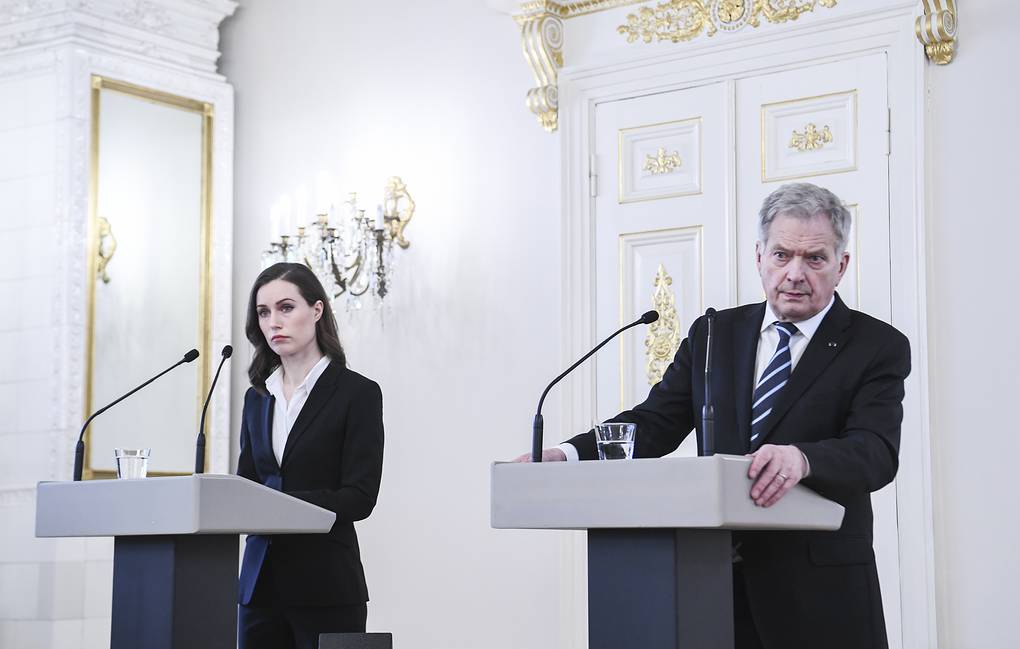
Helsinki is expecting to apply for NATO membership, Finnish President Sauli Niinisto and Prime Minister Sanna Marin announced on May 12. Russia immediately reacted to the news by announcing possible reciprocal steps, both military-technical and otherwise, if Helsinki becomes part of the military bloc. Together with Finland, its closest neighbor, Sweden, is also thinking about joining NATO. According to experts interviewed by Izvestia, the participation of Helsinki and Stockholm in the US-led military bloc will fundamentally change the political alignment in Europe.
According to Finland’s state television and radio company Yle as of May 9, 2022, 76% of its citizens support joining NATO. “Such a sharp change in public opinion is associated with Russia’s special military operation on the territory of Ukraine. It was a shock for Finnish society and the political class – they refused to believe in a possibility of this,” Director General of the Russian Council on International Affairs Andrey Kortunov explained to Izvestia. “The uncertainty is rising for Finland. It is changing its attitude towards NATO and, in a sense, it is justifying its desire to guarantee its security given the shift in geopolitical conditions,” he added.
The question is how stable this attitude is, the expert noted. It is not known whether such support for NATO will continue in Finland in a few months or years. Nevertheless, the political leadership decided not to wait.
Together with Finland, its closest neighbor, Sweden, also plans to join NATO. “With the admission of these two countries into its ranks, NATO will make gains in the northwestern European zone. In terms of infrastructure, Norway will also be strengthened, which is quite vigorously involved in the activities of the alliance,” Head of the Center for Arctic Studies at the Institute of Europe of the Russian Academy of Sciences Valery Zhuravel told Izvestia. “Taking into account the fact that the land border of Finland with Russia is about 1,300 km, for Moscow this is a matter of principle,” he added.









